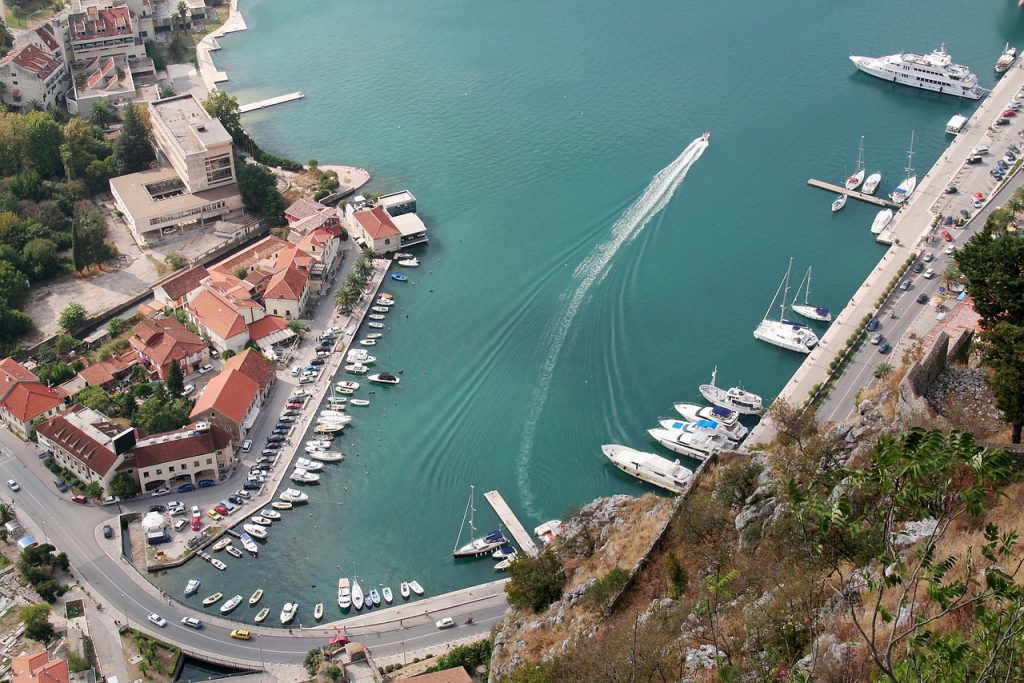Montenegro is a country situated in the Western Balkans, characterized by a steadily growing economy. Consequently, many foreigners live, work, and invest in this country. Through this article, we will provide an overview of personal income tax regulations in Montenegro to help you understand the responsibilities and regulations regarding personal taxes.
Residency for Tax Purposes in Montenegro
To be considered a resident in Montenegro, you must meet one of the following conditions:
- Spend at least 183 days in Montenegro during a tax year.
- Have your permanent home in Montenegro.
- Conduct the majority of your personal and economic activities in Montenegro. Additionally, if you are sent abroad to work for a Montenegrin resident or organization, or for an international organization, you are also considered a resident for tax purposes.
Income Determination and Tax Rates
The taxation of individual income in Montenegro depends on residency status. Residents are responsible for taxes on their global income from any source, while non-residents are taxed on income linked to a fixed base/permanent establishment in Montenegro.
To be taxed in Montenegro, individuals must either spend 183 days annually in the country or demonstrate that Montenegro serves as the center of their economic and personal life.
The tax rate for individual income varies from 9% to 15%. As of January 1, 2022, a progressive taxation system for salaries and income earned by entrepreneurs is implemented.
For monthly salaries:
- Salaries up to EUR 700 (gross) are tax-exempt.
- Salaries between EUR 701 and EUR 1,000 (gross) are taxed at 9%.
- Salaries above EUR 1,000 (gross) are subject to a 15% tax rate.
For monthly income for entrepreneurs:
- Income from EUR 8,400.01 to EUR 12,000 is subject to a 9% tax rate.
- Income exceeding EUR 12,000.01 is taxed at a rate of 15%.
Local Surtax
In Montenegro, there is an additional tax called a local surtax that you pay on top of your regular income tax. This surtax goes to the municipality where you live in Montenegro. Most municipalities charge a 13% surtax rate, but in Podgorica and Cetinje, it is set at 15%. The surtax amount is calculated based on your income tax owed.
Montenegro Double Tax Avoidance
Resident taxpayers who earn income abroad and pay income tax in another country will receive a tax credit equivalent to the income tax paid in that country. However, this credit cannot surpass the amount calculated by applying the provisions of Montenegro’s Personal Income Tax Law to the income generated in the foreign country. In the case of a double taxation avoidance agreement, the provisions of the Personal Income Tax Law in Montenegro will prevail.
Before moving, working, and investing in Montenegro, it is important for individuals to be aware of the legal and financial implications. Consulting with a tax and legal professional can be beneficial in navigating the complexities. Our firm offers comprehensive guidance in international taxation. Contact us, and we would be happy to arrange an introductory meeting with you.




